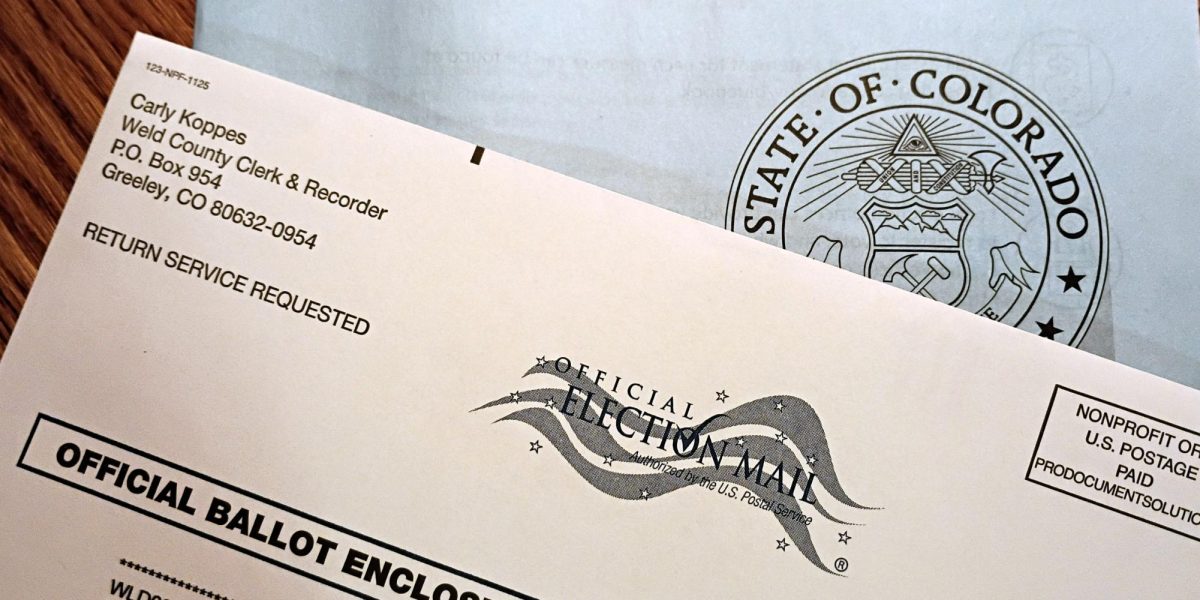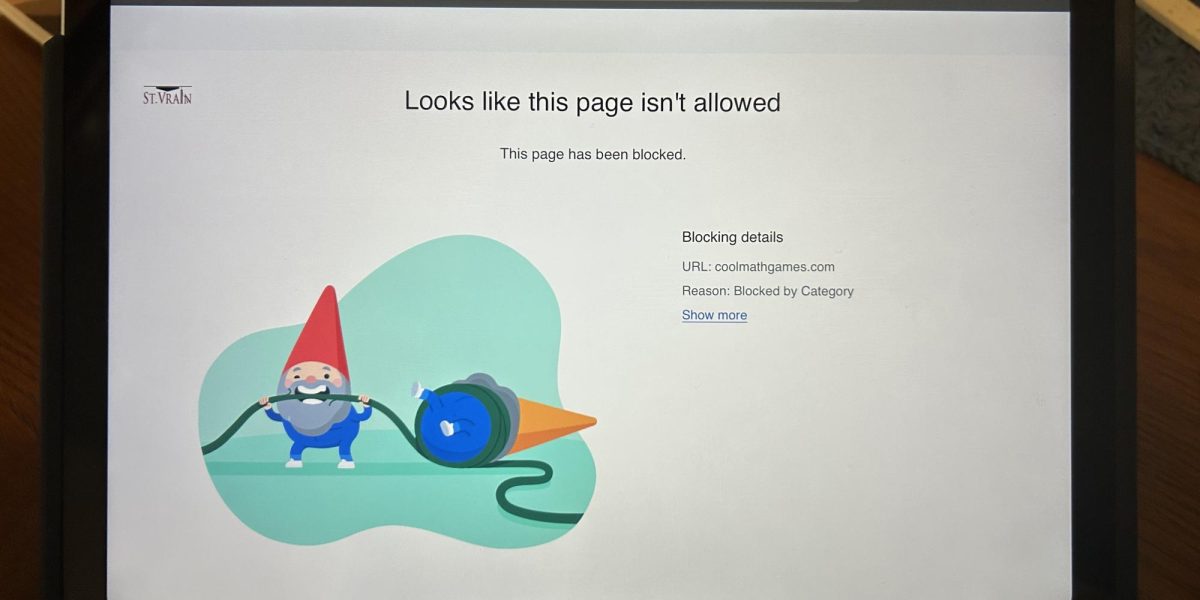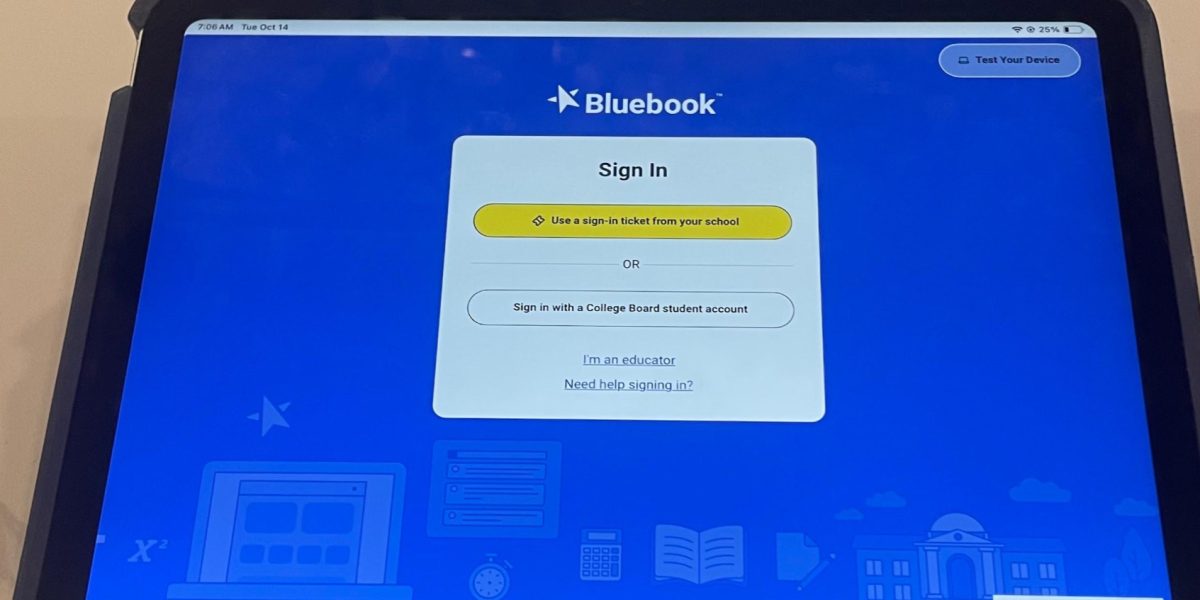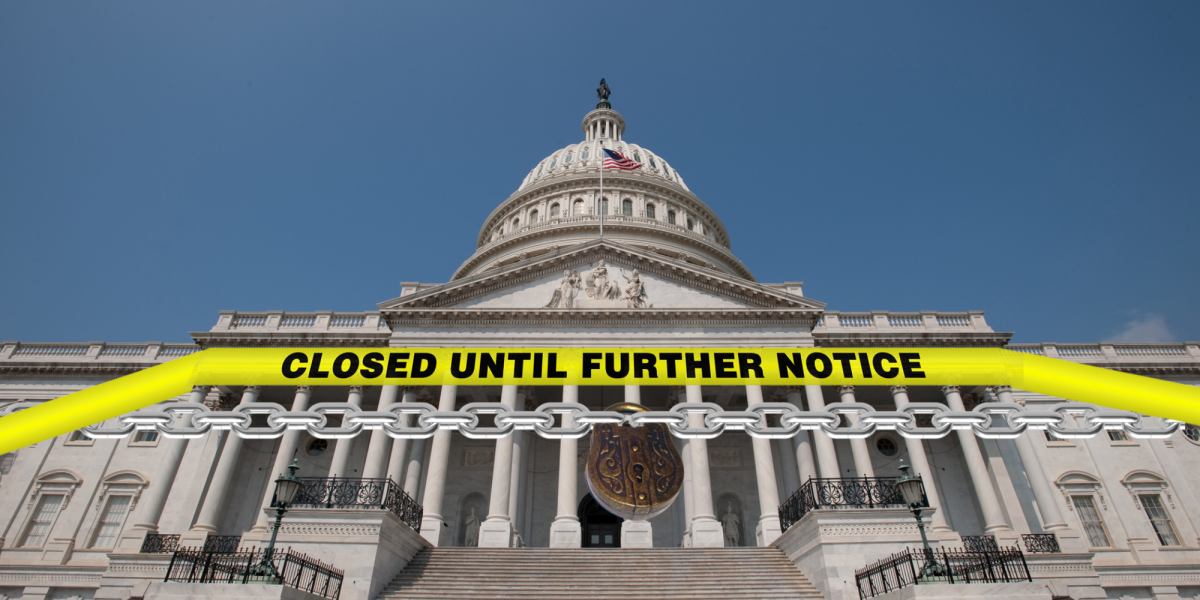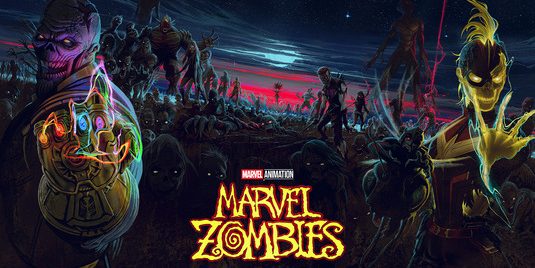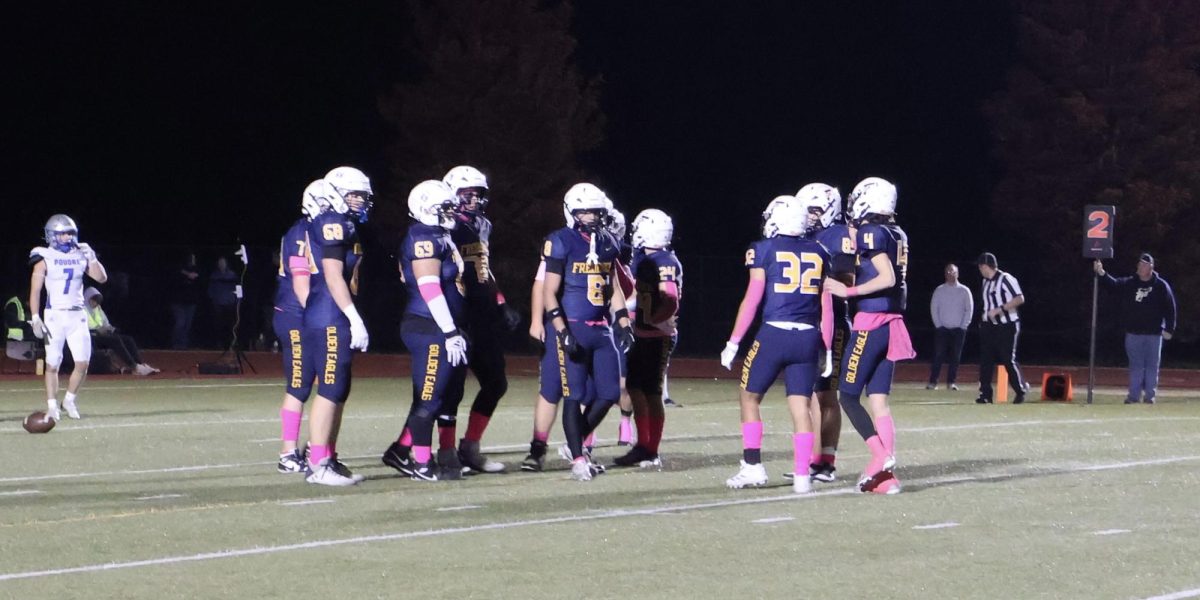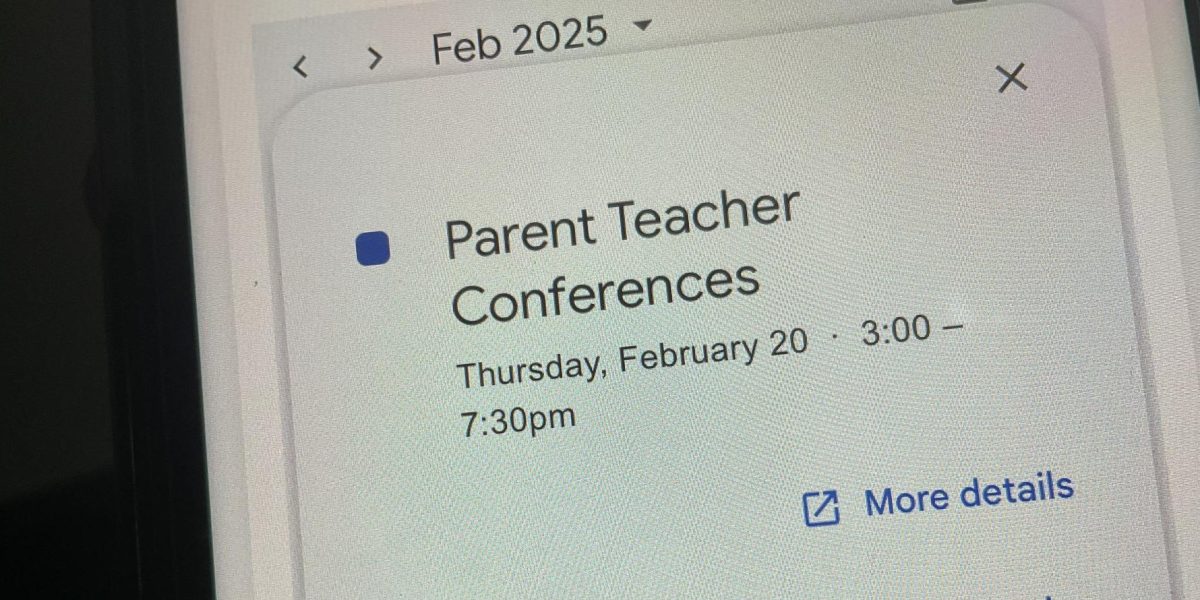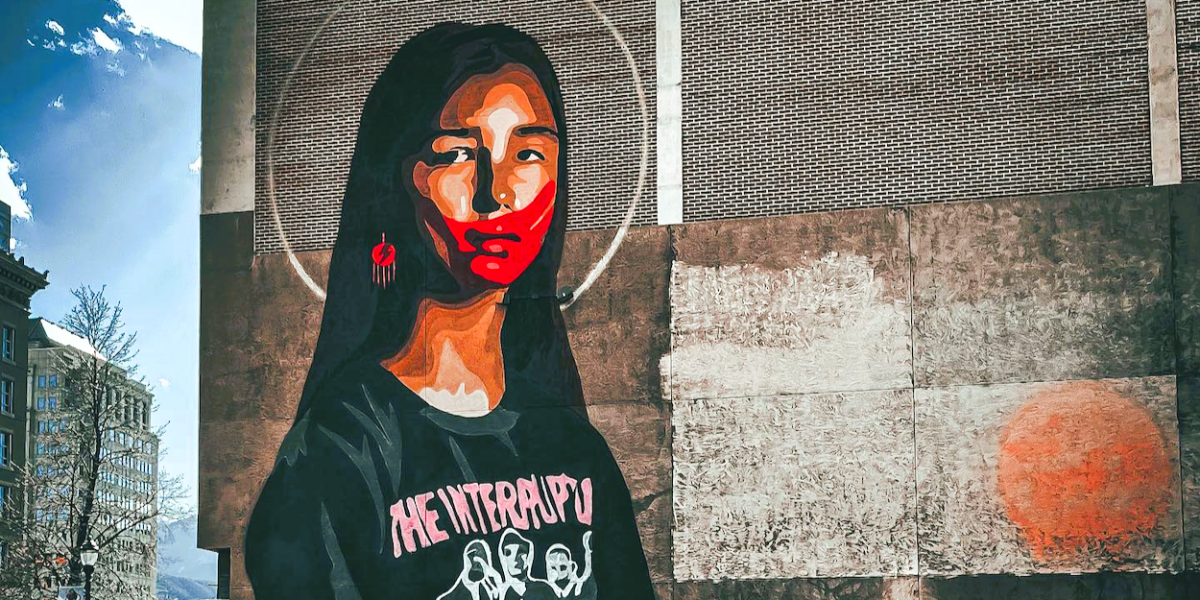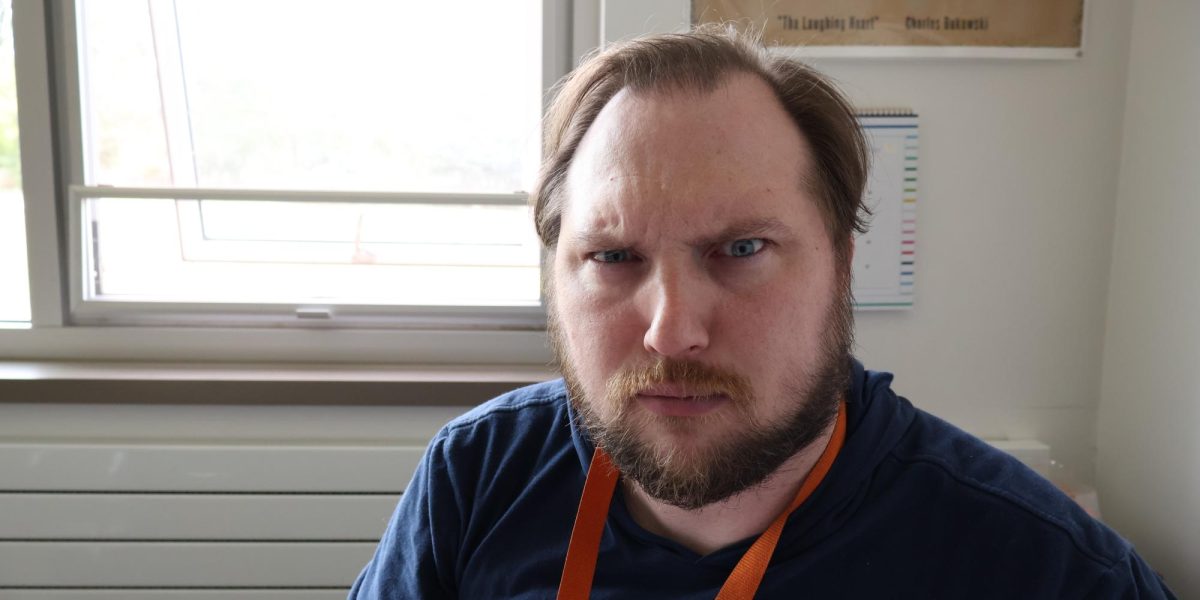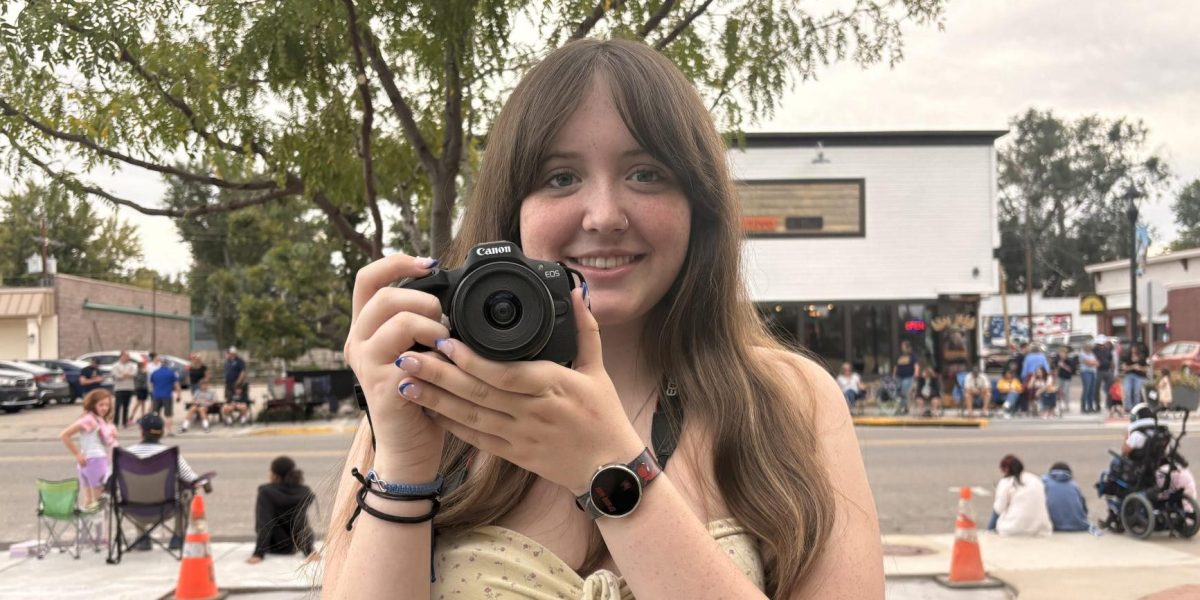On April 25, Luigi Mangione was arraigned in a Manhattan federal court on the charges of murder and stalking. On December 4, 2024, Mangione shot and killed United Healthcare CEO Brian Thompson in broad daylight in front of dozens of witnesses. Mangione allegedly stalked Thompson days before killing him and carefully planned when, where, and how to commit his crime.
Under the direction of Attorney General Pam Bondi, federal prosecutors are seeking the death penalty. While this seems straightforward on the surface–someone who takes a life may lose his own if guilty–prosecutors seeking the death penalty in this case has been unusually controversial. Nevertheless, the death penalty should not be off the table for potential sentencing in Mangione’s case.
One reason that the death penalty should be an option for sentencing is the premeditation of the crime. According to the U.S Department of Justice, “At approximately 6:45 a.m., Mangione strategically placed himself in between two cars on West 54th Street, and as the victim passed by, Mangione walked up behind him and fired several gunshots from a 9mm pistol, causing the victim’s death.” They talk about how “Mangione was also found in possession of, among other things, a 9mm pistol and a sound suppressor consistent with the weapon used to kill the victim.”
Brian Thompson’s family were heartbroken. His wife Paulette said, “Brian was a wonderful person with a big heart and who lived life to the fullest.” She also says, “Our hearts were broken, and we are completely devastated by this news. He touched so many lives.”
There is abundant evidence that Mangione ended Thompson’s life: police found a notebook about him wanting to use a bomb but deciding on a shooting instead, fingerprints and DNA, and a gun in his backpack at the time of his arrest. NPR says, “The 26-year-old man accused of killing an insurance executive last year is facing the most serious possible punishment. If Luigi Mangione is convicted in federal court, he could get the death penalty. Samantha Max of member station WNYC reports.”
During a tense moment in court, Luigi Mangione received a letter delivered by a bailiff. As he began to read it, the judge quickly took notice and ordered that the letter be confiscated. Without explanation, it was taken from Mangione’s hands and handed over to the court clerk.
The sudden interruption sparked rumors among those attending. It raised questions about the letter and its sender. The judge reminded the courtroom that no outside communication was allowed. Still, the judge disregarded it and continued without any further thought.
Many people following the case are angry and frustrated. They feel that someone who planned and carried out such a violent act should not be allowed to live. Online, social media has been flooded with comments from people demanding Luigi’s release, people who empathize with his frustration at the broken medical system in the US.
But why should Mangione get to live when he killed an innocent man?
The case is not cut-and-dry: there are legal experts who believe that Mangione should be tried in state instead of federal court, and there may be fourth amendment violations in how he was arrested that could set him free. He also has pled not guilty, and as an American, he should be presumed innocent of the crimes he’s accused of until his sentencing. But what is cut-and-dry is that Mangione took a man’s life in New York City on that cold December day. The courts will decide if that was a crime, but they cannot erase the act.
If he is convicted, then letting Mangione live would send the wrong message. This wasn’t a random act—it was planned, cold, and heartless. That kind of crime deserves the harshest punishment possible. Brian Thompson was shot and killed, they have the evidence on Mangione, it seems only right that he belongs on death row. This is right because Brian Thompson deserves justice, for him and for his family who are still suffering.



